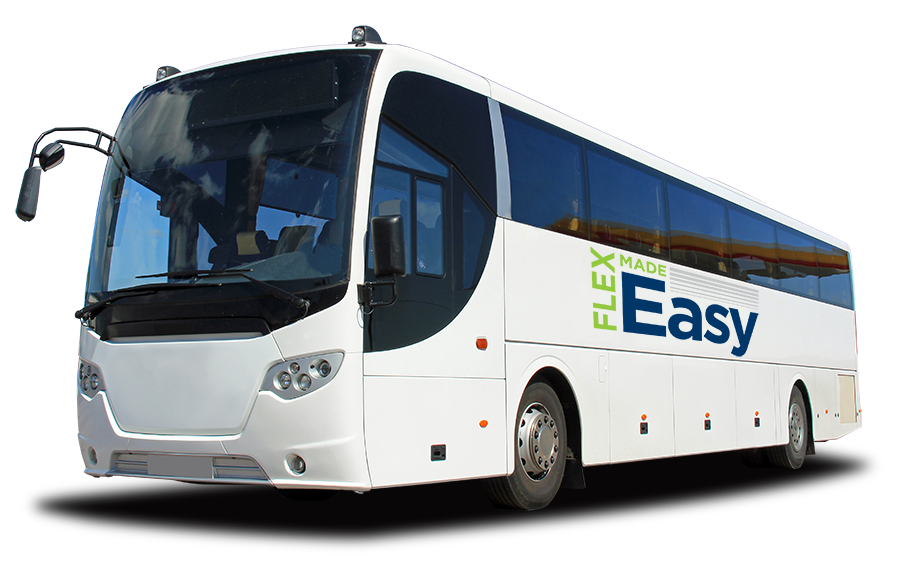Commuter FSAs help pay for expenses incurred commuting to and from work for transit and parking.
What is a Commuter FSA?
A Commuter FSA is a pretax benefit account used to pay for qualified parking and public transit, such as trains, subway, buses, ferries and/or vanpooling expenses as defined by Internal Revenue Code (IRC) 132. It allows you to pay for workplace-related commuter expenses on a tax-free basis through payroll deduction.
Funds are not tied to a specific plan year and are available to be used until they are exhausted.
Commuter FSA FAQ
Out-of-pocket parking fees for parking meters, garages and lots qualify.
Parking at or near your home is not an eligible expense. The commuter benefit program includes parking at or near your work location, or at or near a location from which you commute to work by car pool, commuter highway vehicle, or mass transit.
Spouse and dependent commuter expenses are not eligible for reimbursement.
Vanpooling is a commuter highway vehicle with a seating capacity of at least seven adults, including the driver. At least 80 percent of the vehicle mileage must be for transporting employees between their homes and workplace with employees occupying at least one-half of the vehicles’ seats (not including the driver’s seat). Not all of the commuting employees must work for the employer sponsoring the Commuter FSA.
Transit passes, tokens, fare cards, vouchers, or similar items entitling you to ride a mass transit vehicle to or from work are included. The mass transit vehicle may be publicly or privately operated and includes bus, rail or ferry.

